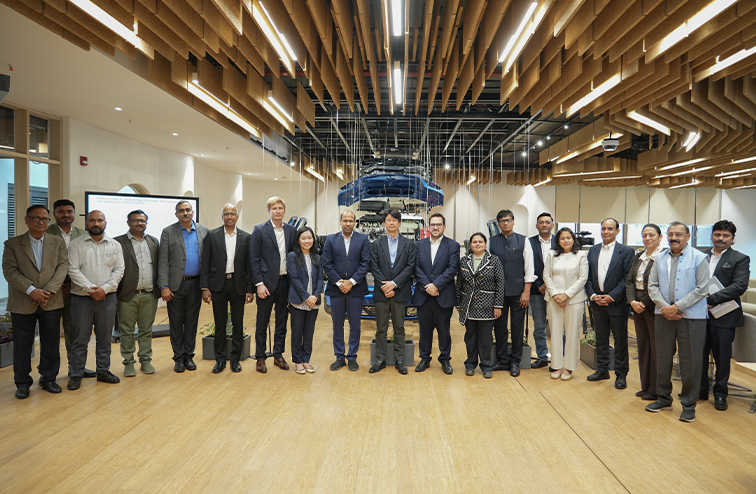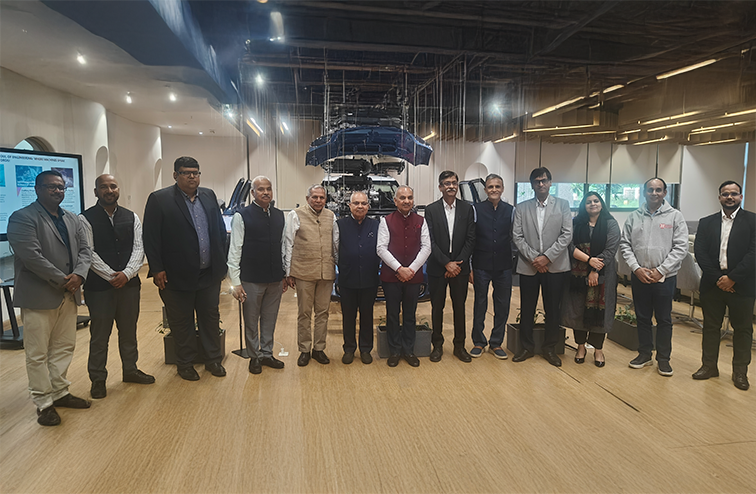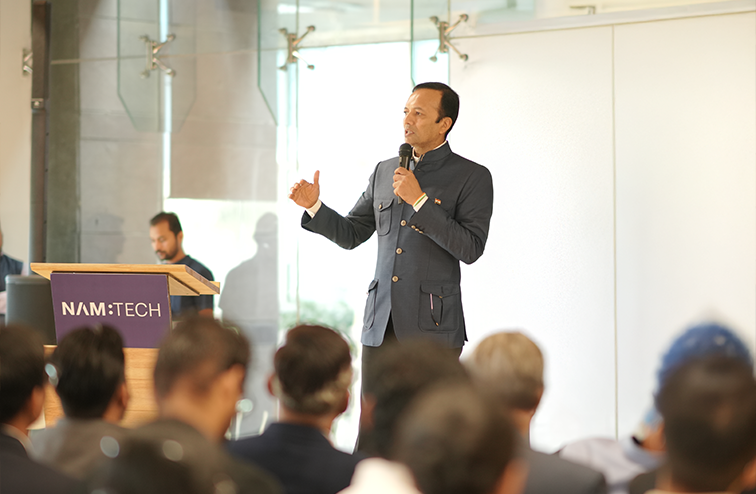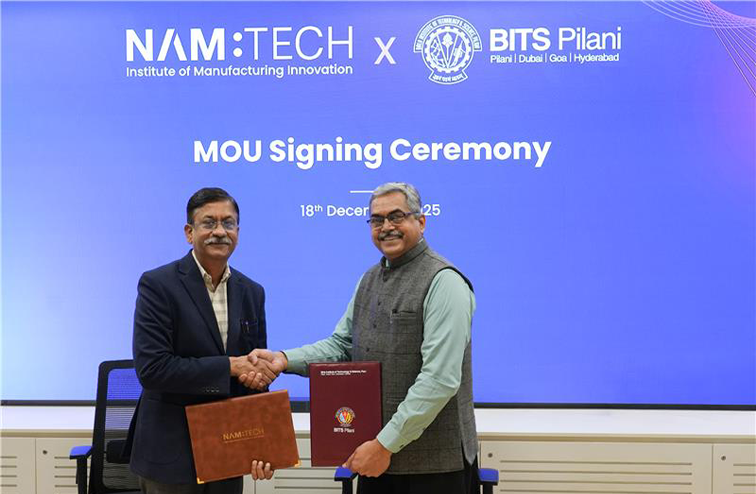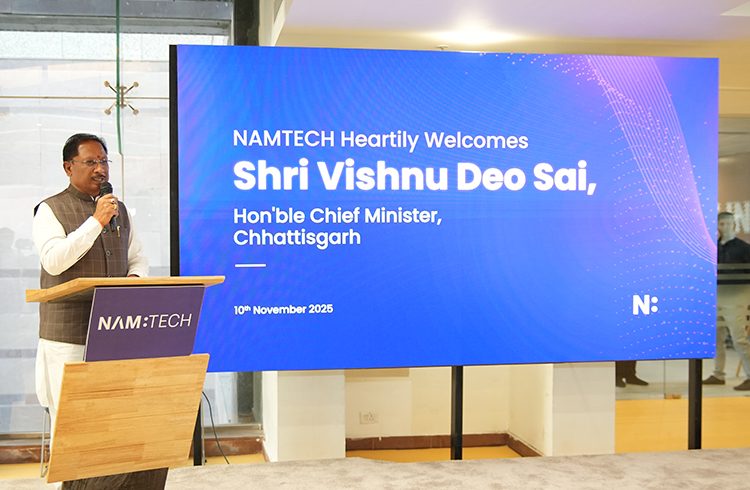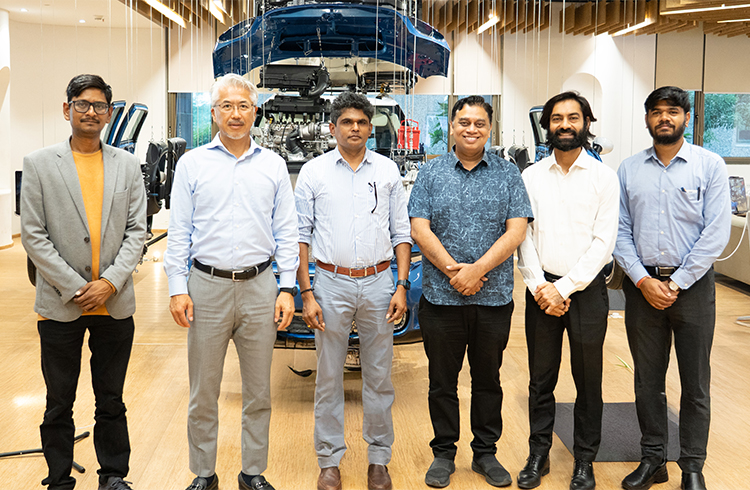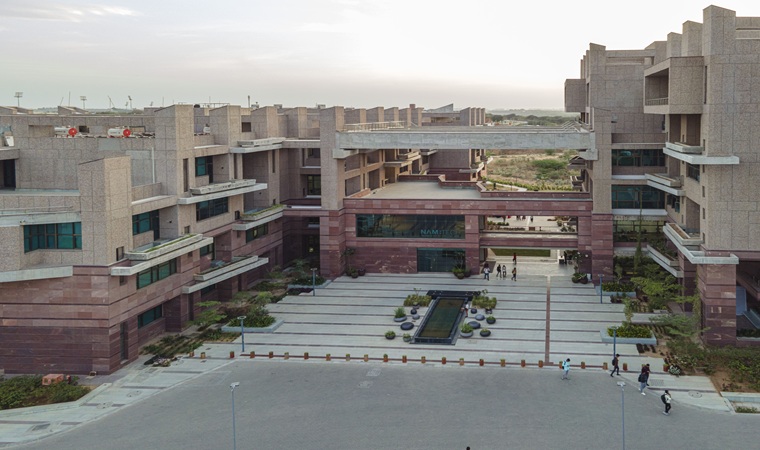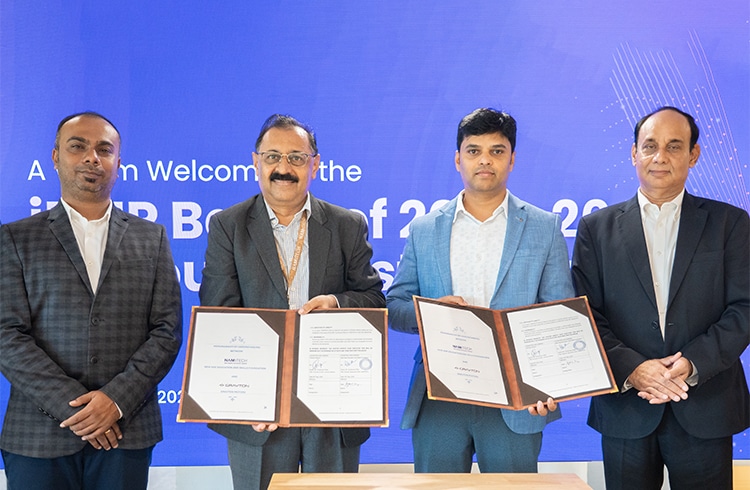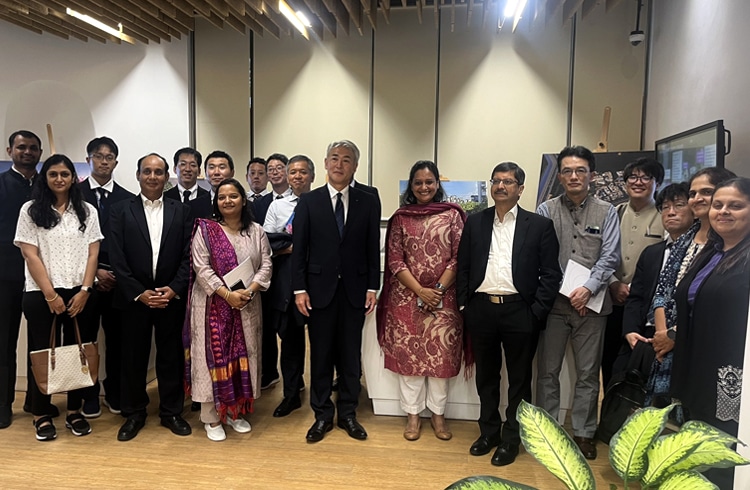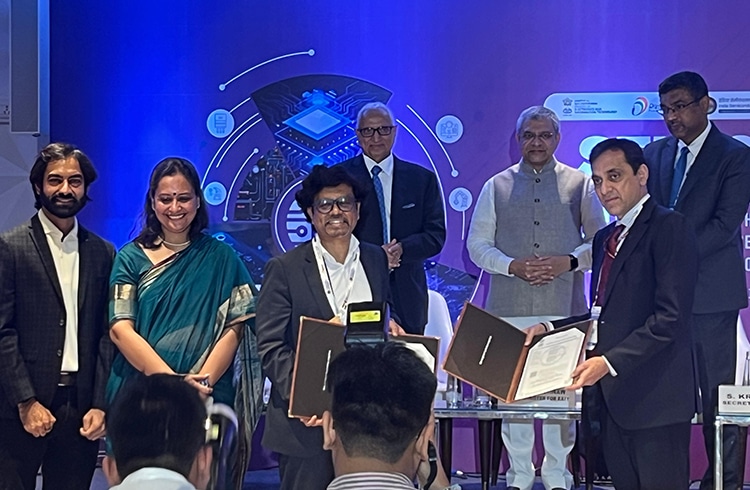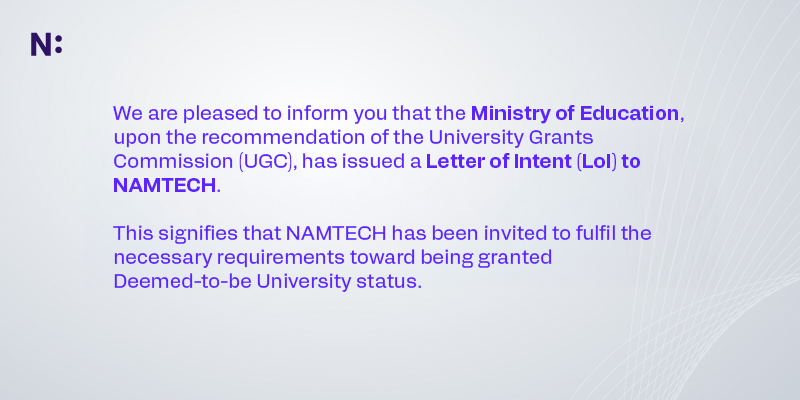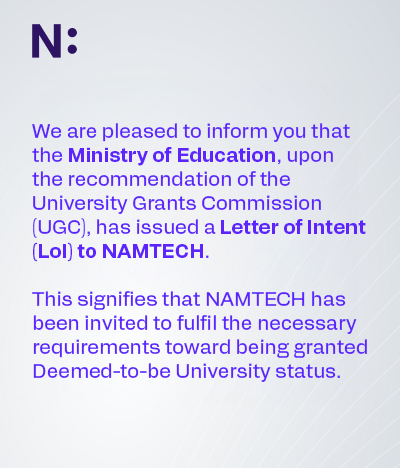India is chasing an ambitious yet clearly defined goal — becoming a developed economy by 2047 and reaching Net Zero carbon emissions by 2070. These aren’t just lofty declarations. They come with a detailed roadmap, and right at the center of that blueprint is a sector that’s often underestimated: Manufacturing Engineering and Technology (MET).
Our MET Focus: More Than Just a Policy Push
Government initiatives such as Make in India, Atmanirbhar Bharat, and the PLI schemes have created strong momentum behind new-age manufacturing and innovation in engineering.
According to IBEF, foreign direct investment (FDI) in India’s manufacturing sector increased by a significant 69% over the last ten years, crossing $165.1 billion. In parallel, the World Economic Forum estimates that around 170 million new jobs will emerge globally—driven by shifts in automation, sustainability, smart mobility, and modern manufacturing.
Looking ahead to 2047, India’s nominal GDP is expected to touch $26 trillion, with manufacturing and engineering together projected to contribute nearly 60% of that economic output. That’s no small share—and no small responsibility for our engineers.
Industry 4.0 – Our Game Changer
What we’re seeing now is a full-scale transformation in how the MET sector operates. This isn’t the manufacturing of the past. This is the Industry 4.0 era — where smart systems, automation, and data-driven processes drive the core of production.
India Today and the Wheebox India Skills Report point to the following upcoming shifts:
- An estimated 11 million jobs will be created in manufacturing
- 24 million opportunities will arise in green and sustainable technologies
- 1 million roles linked to semiconductor manufacturing will emerge by 2026, according to The Economic Times
This next-gen wave is not about labor-intensive roles. These jobs require engineers who can work across technologies—those who understand systems, software, and sustainability at the same time.
The Catch? A Skills Mismatch
Despite the number of engineering graduates India produces each year, the readiness for these evolving roles remains a concern. Wheebox reports a 60% to 73% talent gap in crucial Industry 4.0 job areas.
Here’s where the real gap lies:
- Automation & Control Engineering
- Robotics and Mechatronics Integration
- AI/ML for Smart Manufacturing
- Digital Twin Simulation Experts
- IoT Infrastructure and Solution Architects
- Factory Data Analysts
- Sustainability & Energy Efficiency Engineers
- Cybersecurity for Operational Technologies
The traditional academic model hasn’t kept pace with these real-world requirements. What’s needed are programs that go beyond classroom theory—blending practical application, global exposure, and project-driven learning.
What This Means for Our Engineers
For today’s BTech graduates—whether from Computer Science or Core Engineering streams—this shift is not just another industry trend. It’s a signal. A shift that demands attention, not just aspiration.
The term “engineer” is being redefined. It’s no longer about sticking to a single discipline. The industry wants multidisciplinary thinkers—engineers who can speak the language of software, machines, and sustainability.
Students who choose to align with these trends early on, who develop the right blend of digital, operational, and strategic skills, will be the ones shaping India’s economic future—not following it.
Our Response: NAMTECH’s Commitment to Future-Ready Talent
At NAMTECH (New Age Makers Institute of Technology), we’ve shaped our curriculum and learning model to match the urgent demands of this evolving landscape.
Our flagship program—the International Professional Master’s Program (iPMP)—is tailored for engineers looking to lead, not just fit in.
Here’s what the iPMP offers:
- Specialized pathways in Semiconductor Manufacturing, Smart Manufacturing & AI, Advanced Robotics Technology, and Sustainability Engineering & Management
- Real-time experience through live micro factory setups
- Project-based modules, including the globally recognized MIT-USA 2.008N course
- International exposure, with select students gaining access to TUM Germany’s global campus and academic ecosystem
We’re not just offering degrees. We’re building capabilities that last well beyond a job offer.
Final Thought
India’s progress toward becoming a developed economy is already in motion. The MET sector isn’t just along for the ride—it’s driving the engine.
Our engineers won’t just be participants in this story. They’ll be the ones writing it. Institutions like NAMTECH exist to ensure they’re ready—with the knowledge, exposure, and confidence to lead from the front.
Learn more about admissions, scholarships, and how you can be part of this change at www.namtech.ac

06 May, 2025
